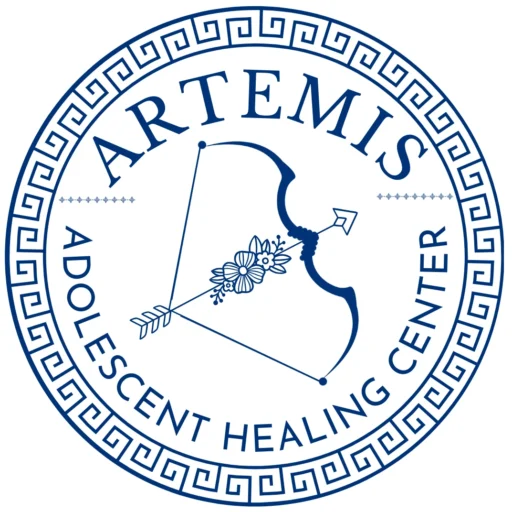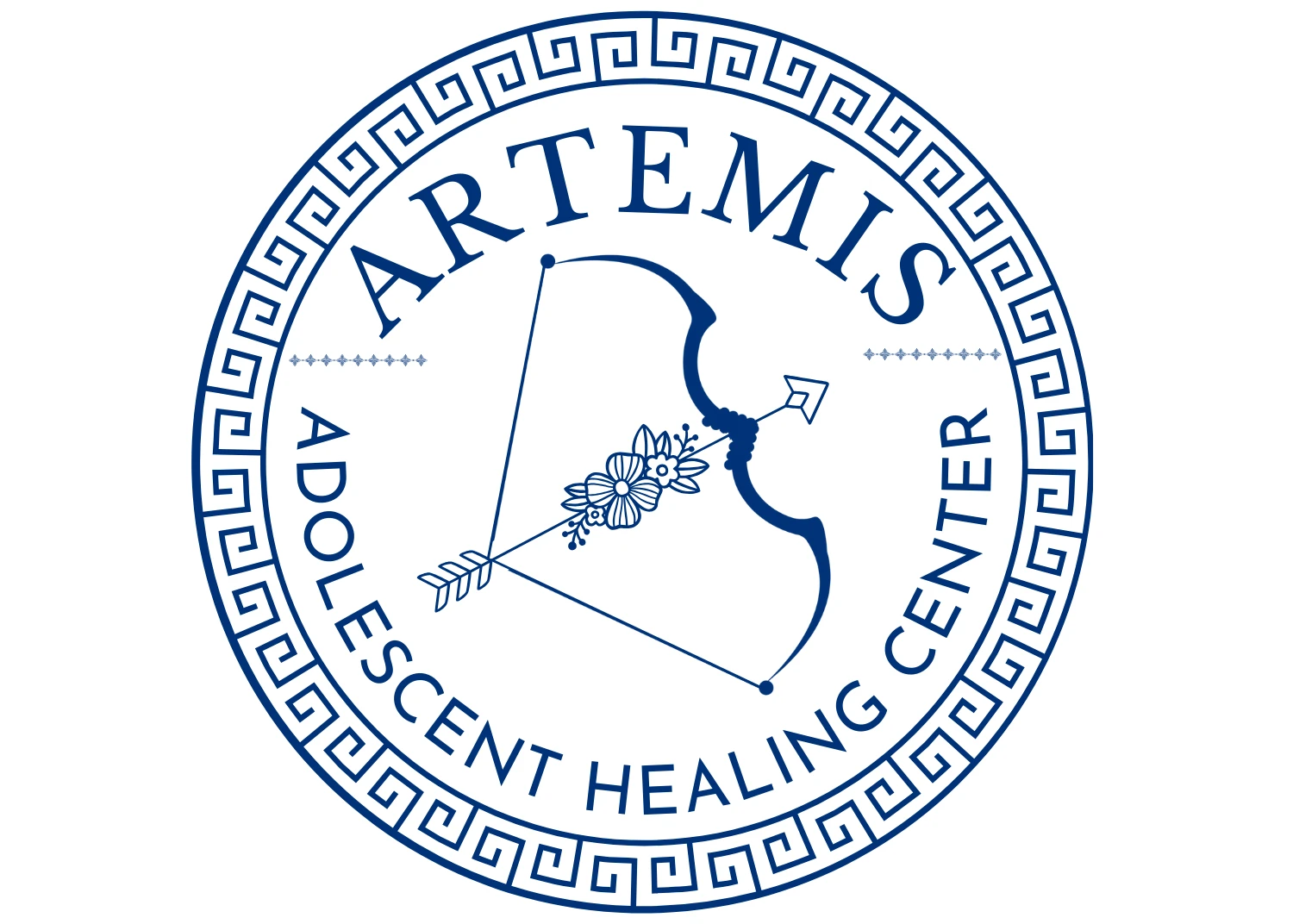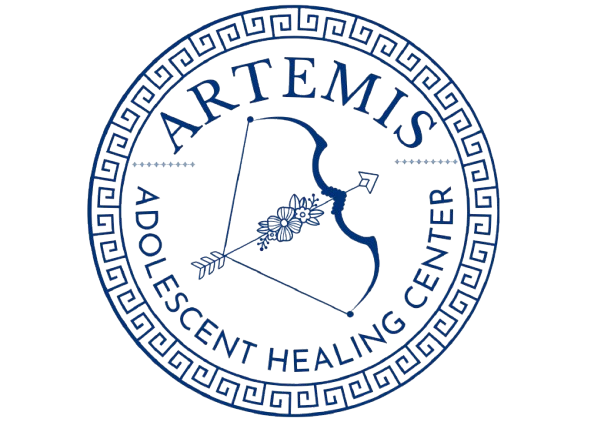Artemis Offers Treatment for Youth With Co-Occurring Disorders
Did you know that co-occurring substance abuse and mental health concerns are common among younger individuals? The National Institutes of Mental Health (NIMH) shared some useful data with us that confirms that. But, you may be wondering, what does that mean for my teen?
That is a question that millions of parents, and families, have asked over the years. Sadly, mental health issues – like stress, anxiety, and bipolar disorder – are common among those who abuse substances. However, the manifestation of those issues and their symptoms doesn’t mean that substance abuse disorders have won. Not at all!
At Artemis Adolescent Healing Center, we have created personalized treatment plans that include a very important aspect of rehab services – adolescent and teen dual diagnosis treatment.
This treatment program allows our compassionate professionals to identify mental health problems in adolescents struggling with drug addiction. It is where we understand what’s causing these issues and whether addiction is behind it. More importantly, it helps us determine how to help your child work toward recovery.
Are you among the parents or loved ones worried about your teen? Remember, timely support and the right mental health treatment options are key to helping struggling individuals. Talk to a counselor at Artemis and get the help you need today.
Get Effective Dual Diagnosis Treatment at Artemis
Artemis Offers Treatment for Co-Occurring Disorders in Youth
There are so many addiction treatment centers, but do all of them treat addiction disorders through dual diagnosis treatment? Do all of them provide comprehensive treatment to address the substance abuse problem and co-occurring mental health issues?
We have spent years helping clients, from early teenagers to older adults in their golden years, breakthrough addiction disorders. And more importantly, we have helped our clients achieve lasting recovery by addressing the mental health issues or any other causes that led to such conditions in the first place.
At Artemis, we believe that dual diagnosis in teens is a critical component of the treatment process. Through dual-diagnosis treatment programs, we can help your child break free from alcohol and substance use disorders. We can help them do that while addressing any co-occurring mental health issues, such as:
- Post-traumatic stress disorder (PTSD)
- Borderline personality disorder (BPD)
- Obsessive-compulsive disorder (OCD)
- Oppositional defiant disorder (ODD)
Our goal is to combine evidence-based and holistic therapies, creating individual treatment plans for the overall mental and physical health of our clients. Why do we do that? Because we know that mental health and substance abuse disorders are correlated, as research confirms.
What Does Dual Diagnosis Treatment for Teens Offer?

What really are dual diagnosis treatment programs? To simplify it for you: a teen dual diagnosis is when the child has both a mental health condition (like eating disorders) and substance use disorders. This can be extremely challenging.
For a teen or adolescent, it means grappling with addictive behavior while combating a mental illness. Or worse, multiple mental health and substance use disorders. Sometimes, a mental health condition can be the reason behind a dual diagnosis in teens.
A teenager might turn to substance abuse or alcohol use due to anxiety or depression. This can make substance abuse a “co-occurring” disorder. Here are a few other common examples of dual diagnosis in teens:
- Anxiety disorders with drug abuse
- Major depression and substance use disorders
- Bipolar disorder and drug addiction
- Both suicidal ideation and substance use disorders
Because of this, the need for appropriate treatment through mental health and substance use treatment specialists is necessary. If your teenager is struggling with a similar condition and you can notice signs of deteriorating physical health, it’s time to reach out for professional help.
Get Accredited Treatment Programs at Artemis
Why Is Dual Diagnosis Treatment Important for Teens?
Is it necessary to treat dual diagnoses in your teenager? The answer is yes, absolutely. It is important because underlying mental health conditions can affect both the recovery process from substance use disorders and the child’s well-being both emotionally and physically.
It is one of the main reasons why our dual diagnosis treatment center emphasizes the need for proper treatment to address mental illness and related issues. While treating one condition might lead to improvement in well-being, it could be short-lived because of the likelihood of relapse.
For instance, both addiction disorders (illegal drugs and alcohol) can occur due to chronic depression. If the depression does not receive proper treatment, it could increase the chances of your teen relapsing to their addictive behavior.
It is one of the main reasons we design dual diagnosis treatment programs to offer comprehensive care. We work with your child to find management techniques and coping skills that work best against their addiction.
At the same time, we include evidence-based therapies in a structured environment to address mental health issues. In turn, this allows holistic treatment for teens so they can achieve sustainable recovery.
How Does Dual Diagnosis Treatment Work?

So, what happens after teens or young adults enroll at a dual-diagnosis treatment center? Firstly, it depends on the treatment team and the facility that you have chosen. Secondly, the therapeutic environment and rehab services will affect the whole process. But this is how dual diagnosis treatment typically works:
Thorough Evaluation of Mental Health Issues
A mental health professional will perform a detailed assessment of your child. This will be to identify how severe the dual diagnosis is – or can be. They may discuss the history and effects of substance abuse problems. In turn, this will help them design a personalized treatment plan.
Integrated Treatment Approach
At this stage, your child will begin their treatment program for co-occurring disorders. At Artemis, most programs for teen dual diagnosis treatment include a range of experiential therapies, medication management services, and counseling.
They also include cognitive behavioral therapy (CBT) and dialectical behavioral therapy (DBT). The goal at this stage is to initiate an “integrated” treatment approach to address the mental illness and drug use disorder simultaneously.
Medication Management
Most programs also include medications, which are typically FDA-approved prescription drugs for symptom management. Some of the most common medications include:
- Antidepressants
- Mood stabilizers
- Methadone
- Naltrexone
- Suboxone
One thing to remember is that these drugs will only become part of the treatment program if a licensed healthcare provider prescribes them. Moreover, that will depend on the specific needs and health status of your teen.
Family Therapy
For most young people and teens, family involvement in addiction rehab is highly effective. Research indicates that family therapy as part of residential treatment programs can be helpful against substance use disorders. In addition, dual diagnosis treatment at Artemis incorporates family members to enhance the supportiveness of the healing environment.
We believe that familiar faces in the treatment space can not only encourage positive action among struggling teens but also give them a sense of purpose and healthy relationships.
Aftercare and Ongoing Support
We advise parents and guardians to connect and learn alongside their children, during the inpatient or outpatient treatment processes. You will learn that ongoing support and aftercare are two of the most important factors behind successful recovery.
Therefore, Artemis offers group therapy sessions and other support resources to help you stay connected to your treatment center. We help to maintain lasting recovery by offering you the tools and guidance to prevent relapse.
What Are the Common Co-Occurring Disorders in Adolescents?
You may ask yourself, what are the typical co-occurring disorders in adolescents? What signs should I look out for in my teenager? Here, we summarized the most common issues that co-occur with substance use disorders.
- Eating disorder
- Bipolar disorder
- PTSD and trauma disorders
- Obsessive-compulsive disorder
- Anxiety disorders
- Schizoaffective disorders
- Depressive disorders
What Are the Barriers to Dual Diagnosis Treatment?

With dual diagnosis treatment being so important for the overall well-being of a child, what makes it so difficult to achieve? For most young adults and nearly all our clients, facing some type of stigma or lack of resources is among the most common barriers to comprehensive care.
For example, stigma is one of the major reasons people choose not to seek help. The feeling of being ashamed or embarrassed is what restricts appropriate treatment for teens and adolescents.
Then there’s a lack of resources. While there are so many treatment centers out there, not all of them have the expertise and knowledge to create personalized dual-diagnosis treatment programs. And even when they do, a few mental health disorders don’t get the necessary attention from some professionals. In fact, a misdiagnosis can make it difficult to achieve effective treatment.
Up To 100% of Rehab Costs Covered By Insurance
We Welcome You to a Compassionate Treatment Environment at Artemis
Here at Artemis, we welcome our clients to a safe and comfortable environment where they can receive comprehensive physical and mental healthcare. We understand how complex and integrated dual diagnosis treatment in teens has to be. That is why we offer a comprehensive approach and individualized treatment plans.
Dual diagnosis treatment focuses on developing effective coping skills and healthy lifestyle habits to address those co-occurring disorders that make life more challenging for teens.
With the right help from professionals – and the ever-important support and love of family members – we have seen adolescents and adults recover from the most challenging addictions and disorders. So, we ask you, are you or your loved one struggling with co-occurring disorders?
We believe that professional treatment programs and guidance can help you, here at Artemis. So, call us today and schedule a confidential consultation with our team.






